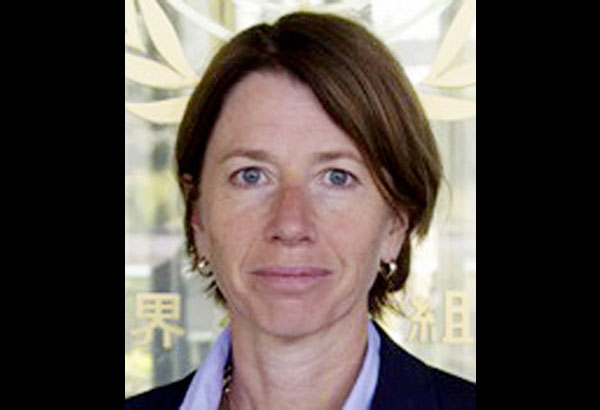WHO: Abuse of elderly on the rise globally

Officer
MANILA, Philippines - One in six elderly people experience some form of abuse and the figure is seen to rise as the population ages globally, a new study of the World Health Organization (WHO) shows.
The study, published recently in Lancet Global Health, shows that 16 percent of people above 60 years old are subjected to psychological abuse (11.6 percent), financial abuse (6.8 percent), neglect (4.2 percent), physical abuse (2.6 percent) or sexual abuse (.9 percent).
“The abuse of older people is on the rise. For the 141 million older people worldwide, this has serious individual and societal costs. We must do much more to prevent and respond to the increasing frequency of different forms of abuse,” said Alana Officer, WHO senior health adviser for the Department of Ageing and Life Course.
The research draws on the best available evidence from 52 studies in 28 countries from different regions, including 12 low- and middle-income countries.
Still largely a taboo topic, WHO said that awareness about elder abuse has started to increase across the world.
Elder abuse pertains to actions, or lack of appropriate action, which can cause harm or distress to an older person occurring within any relationship where there is an expectation of trust.
WHO said all types of elder abuse could have an impact on the health and wellbeing of the older person.
Psychological abuse is the most pervasive and includes behaviors that harm an older person’s self-worth or wellbeing such as name calling, scaring, embarrassing, destroying property or preventing them from seeing friends and family.
WHO said financial abuse includes illegally misusing an older person’s money, property or assets. Neglect includes the failure to meet an older person’s basic needs such as food, housing, clothing and medical care.
Health effects of abuse include traumatic injury and pain as well as depression, stress and anxiety.
Elder abuse can lead to an increased risk of nursing home placement, use of emergency services, hospitalization and death.
“Despite the frequency and the serious health consequences, elder abuse remains one of the least investigated types of violence in national surveys and one of the least addressed in national plans to prevent violence,” Officer said.
By 2050, the number of people aged 60 and over will double – to reach two billion globally – with the vast majority living in low- and middle-income countries.
If the proportion of elder abuse victims remains constant, the number of people affected will increase rapidly due to population ageing, growing to 320 million victims by 2050.
According to Etienne Krug, director of WHO department for the management of non-communicable diseases, disability, violence and injury prevention, “Elder abuse is rarely discussed in policy circles, less prioritized for research and addressed by only a handful of organizations.
“Governments must protect all people from violence. We must work to shed light on this important societal challenge, understand how best to prevent it and help put in place the measures needed,” Krug maintained.
- Latest
- Trending



























